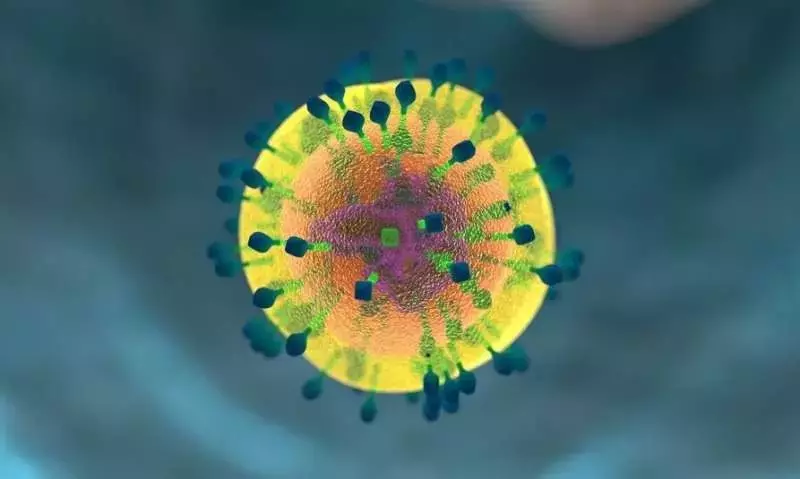Unraveling the Neurological Mysteries of CAR-T Therapy: Insights into Rare Complications in Young Patients
Researchers at the Children's Hospital of Philadelphia (CHOP) have made a groundbreaking discovery, revealing that children, adolescents, and young adults may experience rare neurological complications following chimeric antigen receptor T-cell (CAR-T) therapy, a cutting-edge immunotherapy used to treat B-cell Acute Lymphoblastic Leukemia (B-ALL). The findings, published in the prestigious journal Blood, shed light on a previously uncharted territory, challenging the conventional understanding of the side effects associated with this revolutionary cancer treatment.Uncovering the Unexpected: Rare Neurological Complications in CAR-T Therapy
Unveiling the Neurological Spectrum: From Mild to Severe
The research team at CHOP has made a significant breakthrough in understanding the neurological side effects of CAR-T therapy. While previous studies have reported the occurrence of immune effector cell-associated neurotoxicity syndrome (ICANS), which can range from mild confusion to severe issues like brain swelling, seizures, and coma, the current findings reveal a more complex and unexpected pattern of complications.The researchers analyzed the cases of two children, two teenagers, and one young adult who developed severe muscle weakness, either in all four limbs (quadriparesis) or the lower half of their body (paraparesis), after receiving an infusion of either CD19- or CD22-directed CAR-T therapy to treat B-ALL. Alarmingly, all but one of these five patients succumbed to their cancer during the study.Unraveling the Underlying Mechanisms: A Departure from the Norm
What sets these neurological complications apart is the lack of the typical inflammatory response observed in adults. The researchers performed extensive examinations, including tests on spinal fluid and protein analysis, to understand the underlying mechanisms. Their findings revealed chronic damage to the white matter in the brain, but without the usual signs of inflammation.Furthermore, the researchers noted that the children involved in the study had lower levels of certain inflammatory chemicals compared to those who did not experience severe symptoms. This suggests that the causes of these complications in young people may be more complex than the exclusive T-cell activation and excessive cytokine production that typically leads to inflammation in adults.Empowering Understanding: Navigating the Rare and the Unexpected
The lead researcher, Dr. Caroline Diorio, emphasizes the importance of these findings, stating, "I can't emphasize enough that for most patients, immunotherapy, such as CAR-T, is a lifesaver." However, she acknowledges the significance of understanding the rare instances when it is not effective, as this knowledge can prompt prompt action to address these unexpected complications.The study's findings underscore the need for further research to unravel the underlying factors contributing to these rare neurological side effects in young patients undergoing CAR-T therapy. Factors such as metabolic profiles and other potential culprits require extensive investigation to gain a comprehensive understanding of this complex issue.As CAR-T therapy becomes more prevalent in the treatment of B-ALL and other cancers, the medical community must remain vigilant and proactive in addressing the evolving patterns of side effects, particularly in the younger patient population. By shedding light on these rare neurological complications, the researchers at CHOP have paved the way for a deeper understanding and the development of more effective strategies to mitigate the risks associated with this groundbreaking cancer treatment.You May Like


